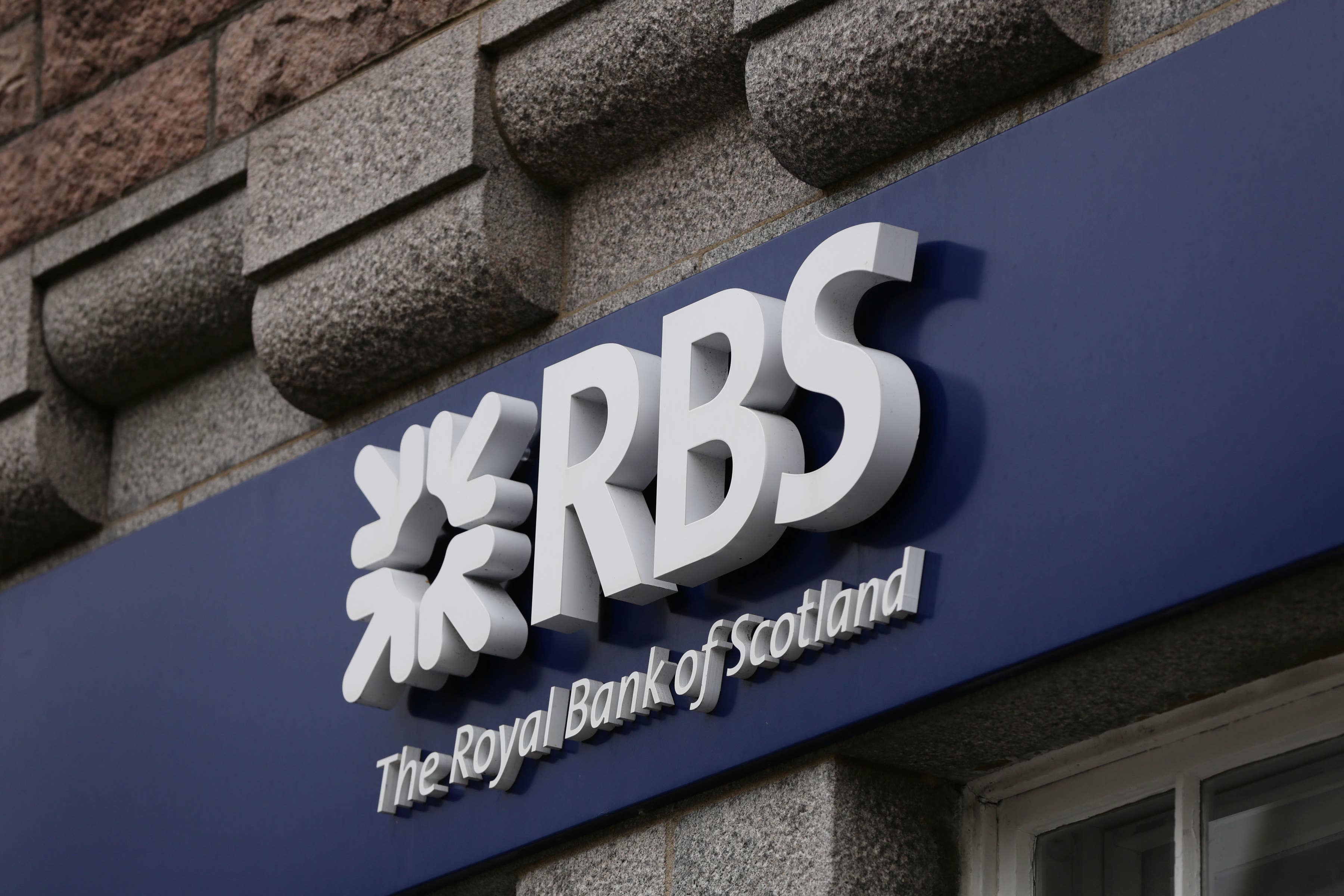Number of Scots in work falls for first time in almost two years, says RBS
The Royal Bank of Scotland said the number of people in employment fell for the first time since April 2021.

Your support helps us to tell the story
From reproductive rights to climate change to Big Tech, The Independent is on the ground when the story is developing. Whether it's investigating the financials of Elon Musk's pro-Trump PAC or producing our latest documentary, 'The A Word', which shines a light on the American women fighting for reproductive rights, we know how important it is to parse out the facts from the messaging.
At such a critical moment in US history, we need reporters on the ground. Your donation allows us to keep sending journalists to speak to both sides of the story.
The Independent is trusted by Americans across the entire political spectrum. And unlike many other quality news outlets, we choose not to lock Americans out of our reporting and analysis with paywalls. We believe quality journalism should be available to everyone, paid for by those who can afford it.
Your support makes all the difference.Scotland’s private sector recorded a “grim” performance in December with the number of people in employment falling for the first time in almost two years, the Royal Bank of Scotland has said.
The ongoing drop in business and challenging demand conditions have resulted in the number of people in employment falling for the first time in 21 months, according to the bank’s monthly purchasing manager’s index (PMI) for December.
A fall in the number of people in work has disrupted a period of uninterrupted growth that began in April 2021, driven by lower staffing levels reported at service providers.
However, the overall decline is “marginal” with goods producers noting a slight rise in headcounts.
Where a fall was noted, businesses were making cuts to numbers or delayed recruitment for vacancies.
The pace of job shedding across Scotland was slightly faster than the UK average, which similarly reported a fall in payroll numbers for the first time in 22 months.
Business activity overall fell “solidly” during December, following a five-month trend of reduction.
Companies also reported a substantial rise in costs during December due to rising wages, inflation, the ongoing energy crisis, and Brexit.
Amid a high inflation and interest rate environment, it will be difficult to revive demand and that will be the primary concern for businesses
A fall in demand led to a decrease in new work received across Scotland’s private sector in December.
The cost-of-living crisis, higher interest rates and growing economic uncertainty were all linked to the loss in client appetite.
Activity fell solidly during December, in line with a five-month sequence of reduction.
The bank’s latest PMI showed the business activity index, which is a measure of combined manufacturing and service sector output, did improve slightly from a recent low of 43.9 in November to 48.3 in December.
It signals the softest downturn in activity over the last five months.
The downturn in incoming new business across Scotland was stronger than that recorded at the UK level.
Confidence across the sector decreased for the second month running in December.
The war in Ukraine, a slowdown in the housing market and inflation weighed heavily on confidence.
Judith Cruickshank, chair of RBS’s Scotland board, said: “The Scottish private sector recorded another grim performance during December.
“Client appetite suffered as various economic headwinds continued to dominate the business environment. That said, the downturn across Scotland visibly eased from November, as both private sector output and new work received fell at softer paces.
“Moreover, the loss in demand helped to relieve price pressures, with slower rates of inflation seen for both input costs and output charges. Nonetheless, these remain well above their respective historical averages.
“As we move into 2023, it will be important as to how firms adjust to demand shortfalls.
“We have already noticed the first reduction in employment since March 2021.
“Moreover, amid a high inflation and interest rate environment, it will be difficult to revive demand and (that) will be the primary concern for businesses.”